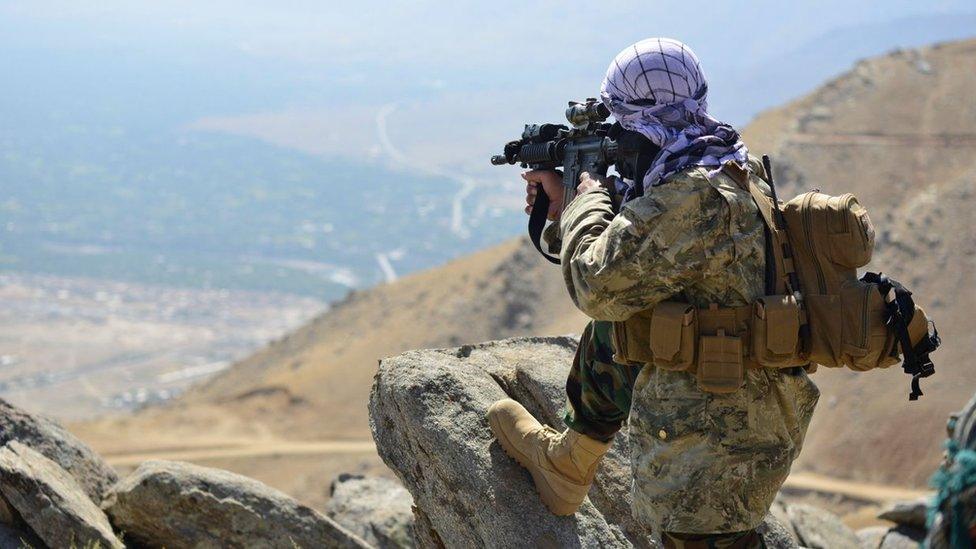Afghanistan: Minister apologises over 'inaccurate' veteran suicide claim
- Published
James Heappey corrected himself live on BBC Breakfast, speaking to Dan Walker
A government defence minister has apologised after mistakenly saying a British Afghan veteran took their own life over the events in Afghanistan.
James Heappey first told Sky News he felt "sick to the bottom of my stomach" after learning a soldier who served in Afghanistan had taken their own life.
But within minutes he told the BBC on air the report may be inaccurate.
The Ministry of Defence said it was looking into the report of the death - but it is understood to be untrue.
The confusion began when Mr Heappey - who is the government's armed forces minister - appeared on Sky News on Monday morning,, external and talked about UK veterans' mental health.
He said British servicemen and women had been hugely affected by the withdrawal of UK and US troops from Afghanistan and the subsequent Taliban takeover.
"It's my understanding that in the last few days there have been people who have taken their life," he said. "Certainly a person who has taken their life who did so because of their feelings as a consequence of withdrawal.
"And that makes me sick to the bottom of my stomach and fearful for many of my friends who I know are still struggling with what they saw on those tours of Afghanistan.
"And that's why the government, the nation needs to put our arm around our veterans and tell them how proud we are of what they did."
But within the hour, while he was interviewed on BBC Breakfast, Mr Heappey corrected himself on air.
When asked about the report of the veteran's death, he said: "Since I mentioned that to your colleague Kay Burley on Sky only 20 minutes ago, we've had a number of reports that actually the thing I was referring to was inaccurate.
"We're looking very, very carefully at whether or not it is true that someone has taken their life in the last few days, but actually that shouldn't take away that far too many service people have taken their own lives in the last 10 years as a consequence of their service in Afghanistan."
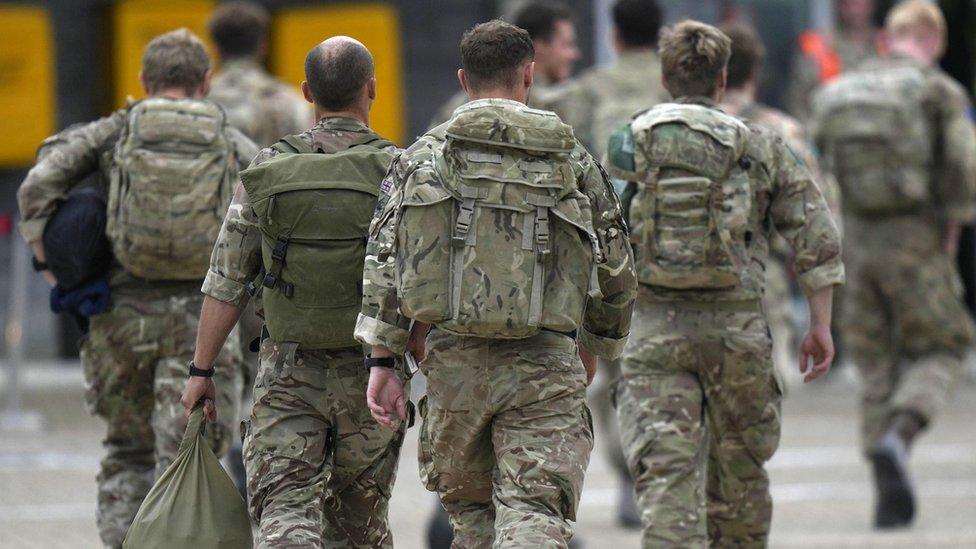
Calls to one veterans' charity helpline have doubled following the UK's withdrawal from Afghanistan
And he then tweeted an apology to a Sky journalist,, external saying: "I'm sorry to have said something that might not be true. The note referred very accurately to my last tour of Afghanistan with 2 RIFLES in 2009 and I've spent weekend fearing colleague had taken their life. However, MoD aren't certain that note is real so wanted to clarify."
It is understood MoD officials believe the report is untrue.
Mr Heappey - a former army major who served in Afghanistan - said his "main message" was that too many veterans had taken their own lives while struggling with mental illness.
For some veterans, the scenes unfolding in Afghanistan have brought back a lot of traumatic memories and mixed emotions.
Last month, a veterans' charity said calls to its helpline had doubled since the Taliban had taken over.
And in an emotional speech last month, Tory MP Tom Tugendhat - who also served in Afghanistan - said many are struggling with anger, grief and rage since the pull-out.
There have also been widespread calls for more mental health support.
Prime Minister Boris Johnson is set to announce an additional £5m to help military charities during a Commons statement later.
Mr Johnson is also is also expected to defend his handling of the crisis and reiterate his vow to use "every economic, political and diplomatic lever" to help the Afghans.
There has been widespread criticism of the way the West withdrew, with questions over how the Taliban was able to seize control of the country at such speed.
And there is also concern that Afghans eligible to come to the UK - many of whom worked with the British armed forces or government - have been left behind.
The last British and US troops left Afghanistan at the end of August, bringing their 20-year military campaign in the country to an end.
If you have been affected by issues raised in this story, sources of support are available via the BBC Action Line.

ROE V. WADE EXPLAINED: What do the new laws mean for women in Texas?
TWO BODIES AND NO SUSPECTS: Brand new Swedish crime drama streaming now on BBC iPlayer

- Published5 September 2021
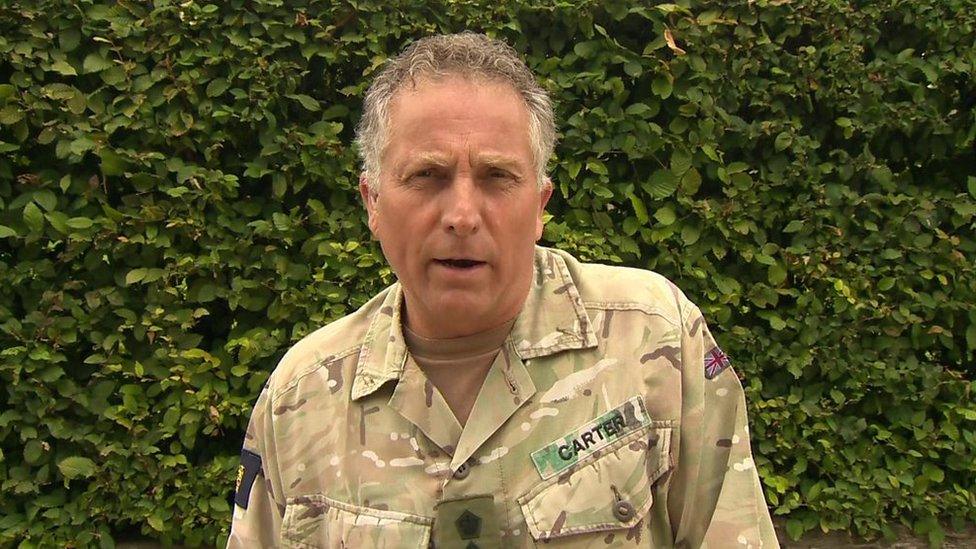
- Published6 September 2021
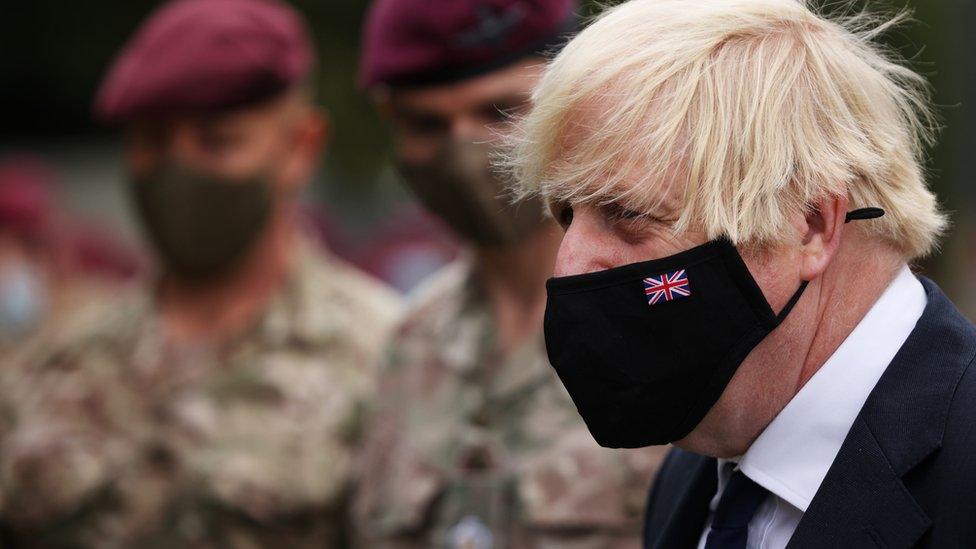
- Published18 August 2021
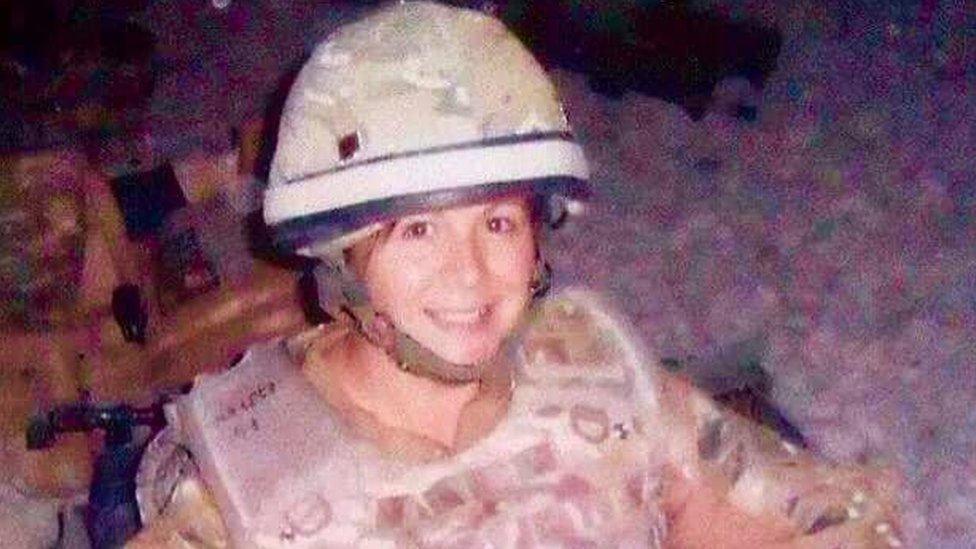
- Published19 August 2021
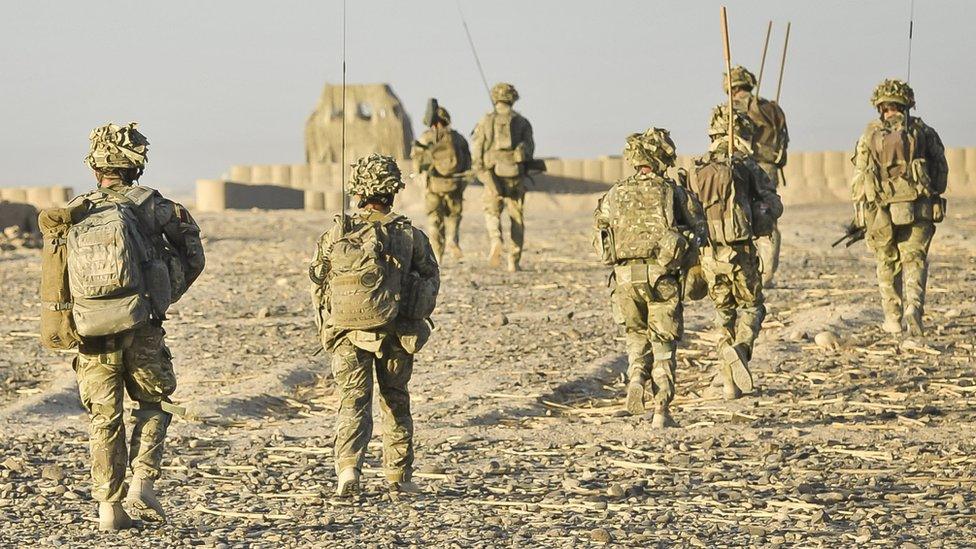
- Published5 September 2021
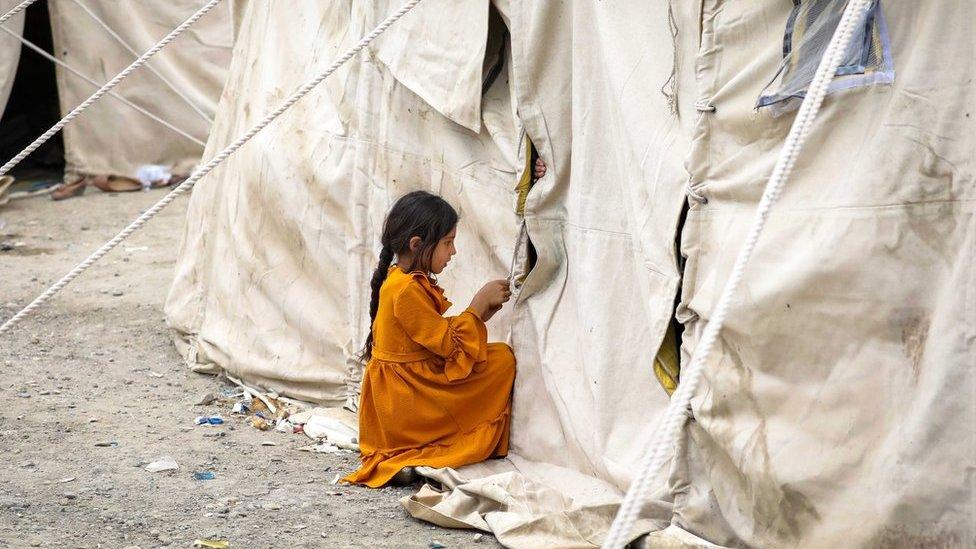
- Published4 September 2021
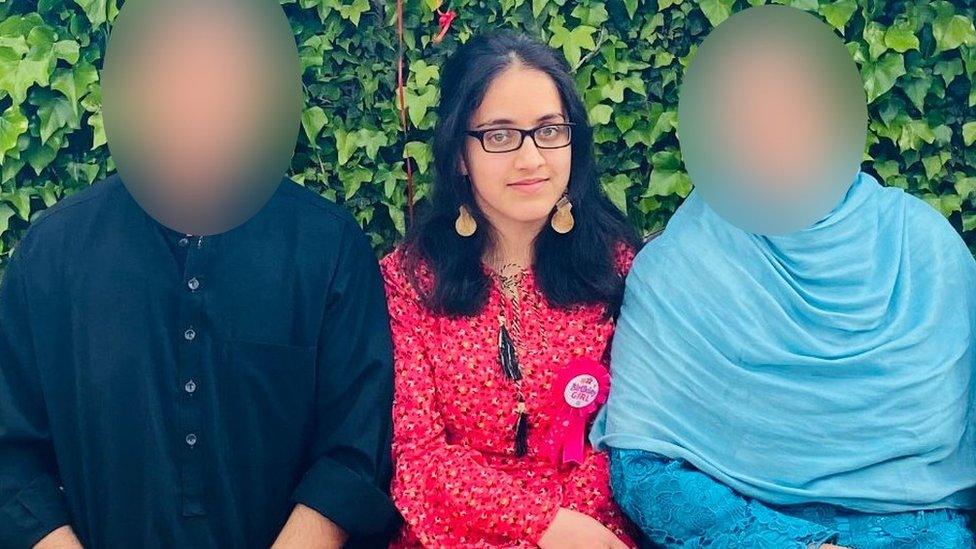
- Published5 September 2021
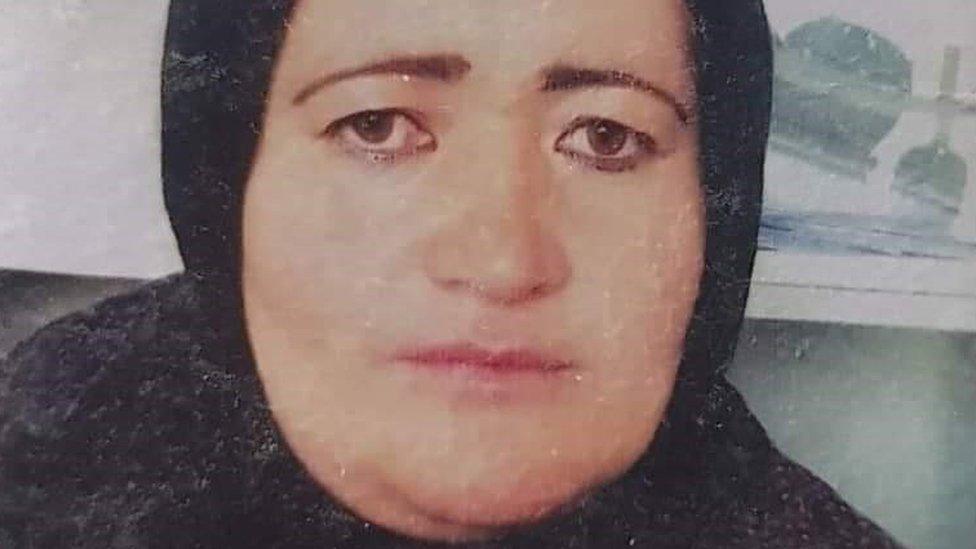
- Published5 September 2021
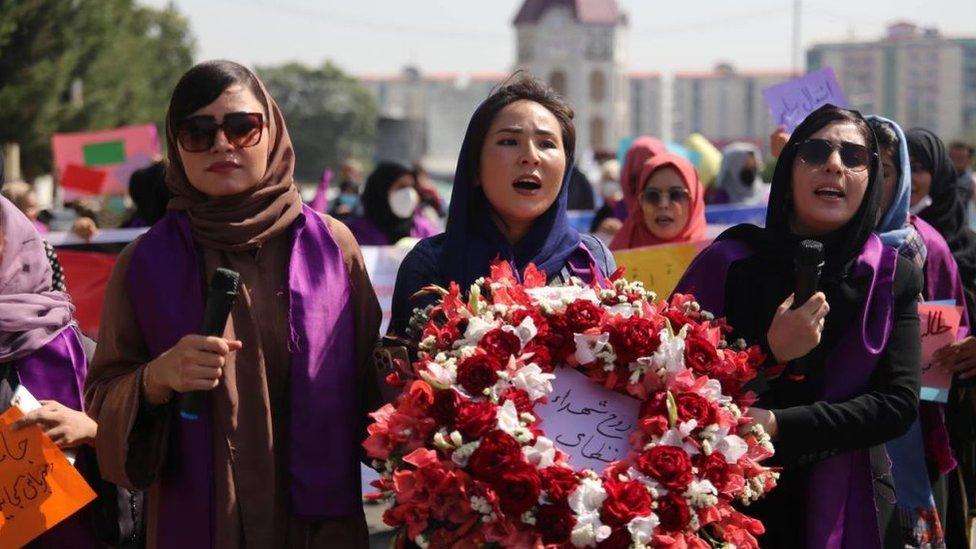
- Published2 September 2021
